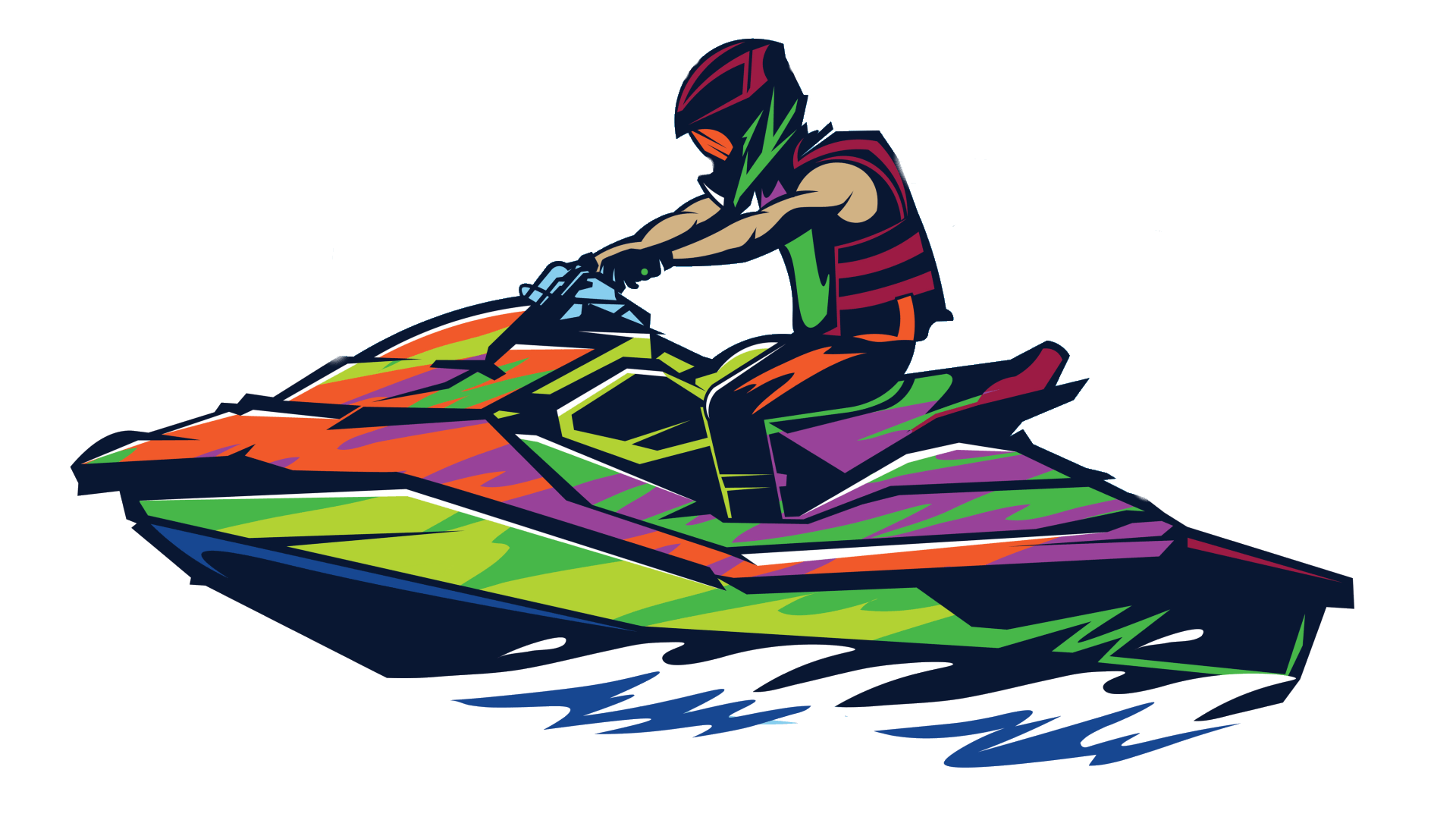Why Am I Sore After Jet Skiing?
BOOK NOWJet skiers are no strangers to soreness and other accompanying problems, just like in any other sport. Your body is put under a lot of strain, which can cause aches and pains. Beginners are more likely to be injured while jet skiing due to improper handling and a lack of information about pain management.
Jet ski pain can be brought on by overusing the muscles, undiscovered injuries, whiplash, and accidental bruises. But with a few pre-ski exercises, these can be easily avoided. If you do damage yourself, rest, pain-relieving exercises, and even over-the-counter drugs might help you feel better.
This article will explain why you might be in discomfort if you recently went jet skiing.
What are the reasons for jet skiing pain?
Compared to riding a motorcycle, jet skiing is much harder on your body. Yes, on the surface, it appears that all you are doing is sitting on a boat that operates automatically. But the truth is rather different. Water, as opposed to tarmac, contains waves that can jolt your jet ski around. Therefore, maintaining your balance requires a lot of effort from your body's muscles.
Due to the body's continual jerking up and down, neck and back pain are very typical among jet skiers. Even more severe injuries, such as fractures, may result from it.
Falling off the jet ski would be an additional, more visible explanation. Jet skiers who are just starting out will inevitably fall off once or twice.
Even seasoned jet skiers occasionally encounter falls, and your body may suffer as a result. Your muscle or even a bone could become injured. and that might cause either minor or major pain.
Therefore, call a doctor right away if you start to discover that any area of your body is losing sensation or control.
Causes of soreness after jet skiing
The primary factor I want to hold responsible is a skier's inexperience. You did hear correctly. Ski professionals are aware of how precise their turns will be. So that he can construct a defense against the shock, he can prepare his hands and body.
- Speed
Any decent-quality water jet travels at a speed of between 42 and 50 mph. Pro riders may reach 67 mph, though, if they choose to go faster. But there's a problem. The body might suffer greatly at higher speeds. If you're new to the sport, there's a good chance you'll be really sore the next day.
- Collision
In the sea, collisions happen all the time. Everything is perilous, including your fellow skier and sea debris. Additionally, during such accidents, your body doesn't have enough time to respond. Because of this, sometimes the damage is far worse than the accident itself.
Your body also doesn't have enough time to respond after such accidents. Because of this, damage can occasionally be far worse than a collision itself. Overstretched tendons, fractures, bruising, whiplash, and other injuries are the most frequent ones that people suffer.
- Swimming
During the first session, you will occasionally tumble off the water jet. You must do that. All you have to do is swim back to the watercraft. It can make your body sore if you do not regularly swim.



